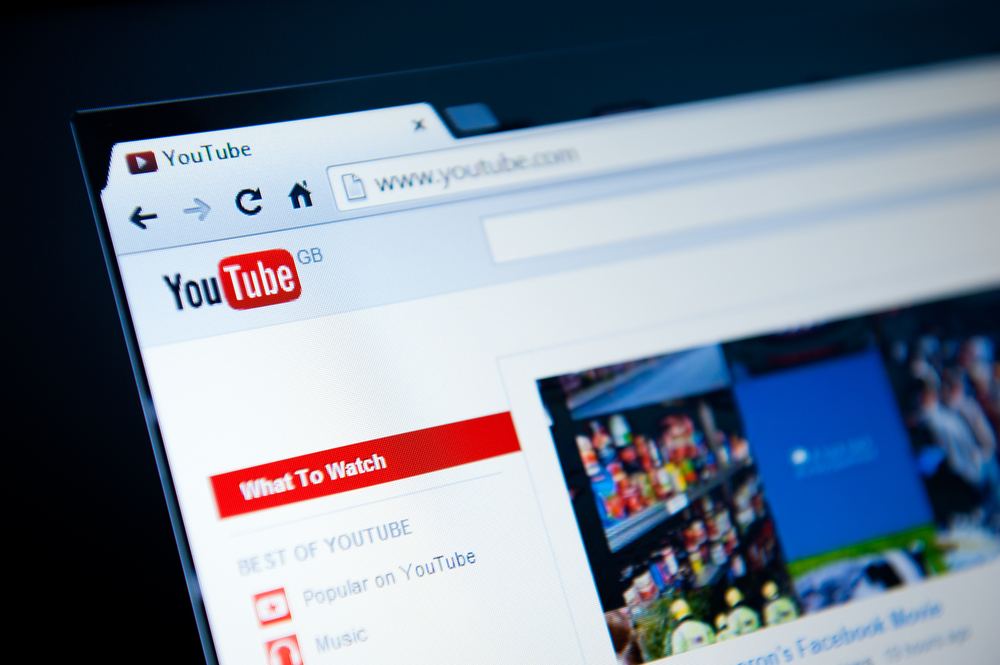Facebook is rolling out video ads amongst a small test group of publishers in a move designed to attract more content and ad revenue.
As an incentive to get video creators to publish more video directly to Facebook, the company will be implementing revenue sharing in a way that pits the social network in direct competition with YouTube.
Facebook video publishers will receive 55% of the revenue from ads that run against their videos, which is the same deal YouTube offers its publishers.
This test has already been rolled out on Facebook’s iOS app amongst a limited number of brands like Funny or Die, Fox Sports, and the NBA. There are plans to expand the trial over the next few months to include desktop and Android.
Previously, the only incentive video creators had to publish content to Facebook was the opportunity to get their videos seen by Facebook’s massive audience.
Given the fact that video views on Facebook have grown exponentially over the past year, the company must have felt pressure to give video creators added incentive to keep publishing in order to keep the momentum going.
Not to mention, until now Facebook had not been monetizing its videos. With the roll out of video ads Facebook will no longer be missing out on the potential revenue that can be generated from its over 4 billion video views per day.
Video ads on Facebook will be slightly different from YouTube, in the sense that they’ll be inserted in between video clips whereas YouTube runs ads before the start of each video.
A brand new “suggested videos” screen will be shown at the end of a video, where users will be presented with other videos they may like which will be determined by Facebook’s algorithm. After perusing through video clips an ad will appear, similar to a commercial while watching a TV show.
Several important details of Facebook’s new video ad business have yet to be worked out, such has how much it will charge for these ads. During the test Facebook will be using ads that have already been paid for, at no additional charge to advertisers.
By all accounts this move by Facebook spells trouble for Google and its lucrative YouTube ad business. Not only does it have the potential to grab some of YouTube’s ad revenue, but it could also steal away some of YouTube’s overall audience if Facebook achieves its goal of getting more video creators to publish directly to the social network.
Image Credit: JuliusKielaitis / Shutterstock.com





![AI Overviews: We Reverse-Engineered Them So You Don't Have To [+ What You Need To Do Next]](https://www.searchenginejournal.com/wp-content/uploads/2025/04/sidebar1x-455.png)